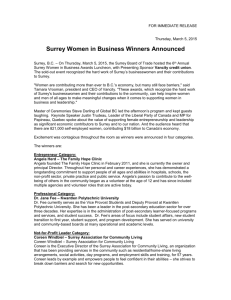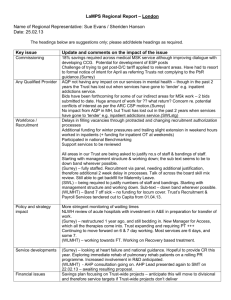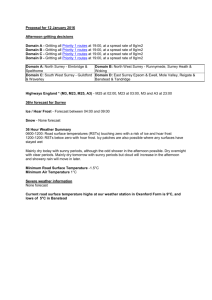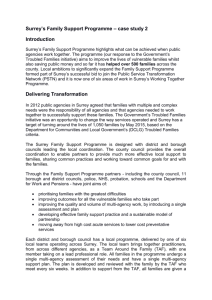Bio of Henry Howard
advertisement
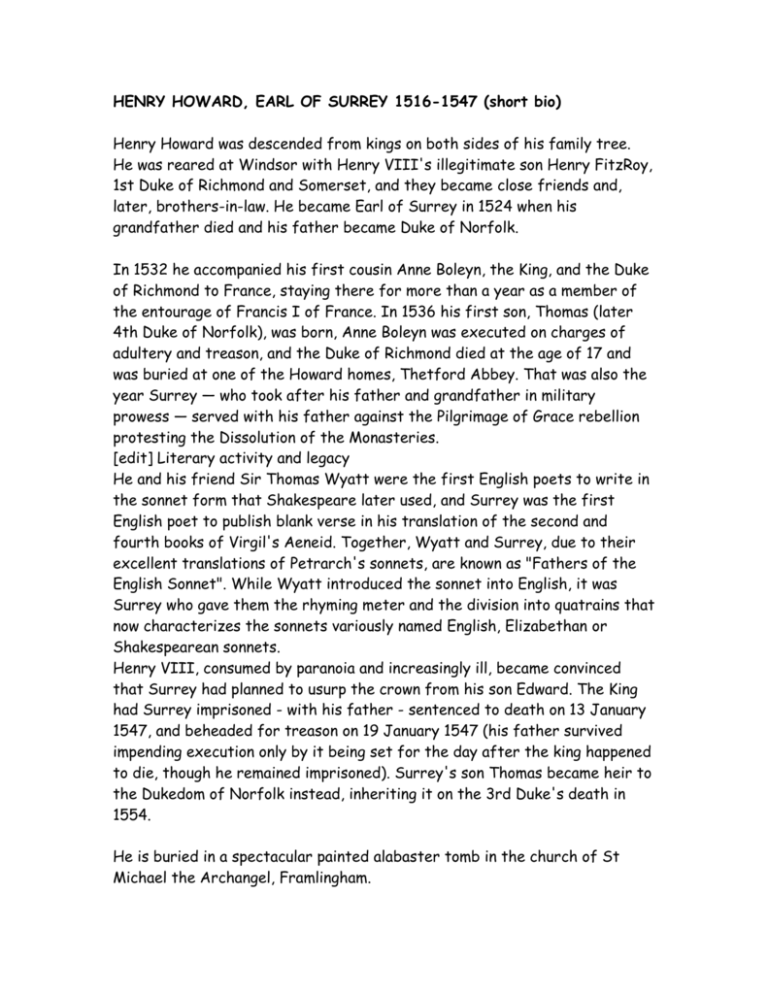
HENRY HOWARD, EARL OF SURREY 1516-1547 (short bio) Henry Howard was descended from kings on both sides of his family tree. He was reared at Windsor with Henry VIII's illegitimate son Henry FitzRoy, 1st Duke of Richmond and Somerset, and they became close friends and, later, brothers-in-law. He became Earl of Surrey in 1524 when his grandfather died and his father became Duke of Norfolk. In 1532 he accompanied his first cousin Anne Boleyn, the King, and the Duke of Richmond to France, staying there for more than a year as a member of the entourage of Francis I of France. In 1536 his first son, Thomas (later 4th Duke of Norfolk), was born, Anne Boleyn was executed on charges of adultery and treason, and the Duke of Richmond died at the age of 17 and was buried at one of the Howard homes, Thetford Abbey. That was also the year Surrey — who took after his father and grandfather in military prowess — served with his father against the Pilgrimage of Grace rebellion protesting the Dissolution of the Monasteries. [edit] Literary activity and legacy He and his friend Sir Thomas Wyatt were the first English poets to write in the sonnet form that Shakespeare later used, and Surrey was the first English poet to publish blank verse in his translation of the second and fourth books of Virgil's Aeneid. Together, Wyatt and Surrey, due to their excellent translations of Petrarch's sonnets, are known as "Fathers of the English Sonnet". While Wyatt introduced the sonnet into English, it was Surrey who gave them the rhyming meter and the division into quatrains that now characterizes the sonnets variously named English, Elizabethan or Shakespearean sonnets. Henry VIII, consumed by paranoia and increasingly ill, became convinced that Surrey had planned to usurp the crown from his son Edward. The King had Surrey imprisoned - with his father - sentenced to death on 13 January 1547, and beheaded for treason on 19 January 1547 (his father survived impending execution only by it being set for the day after the king happened to die, though he remained imprisoned). Surrey's son Thomas became heir to the Dukedom of Norfolk instead, inheriting it on the 3rd Duke's death in 1554. He is buried in a spectacular painted alabaster tomb in the church of St Michael the Archangel, Framlingham.
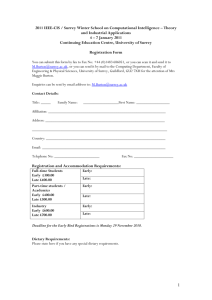
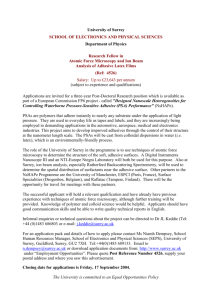
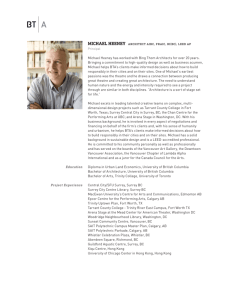
![Presentation [] - VideoGameAudio.com](http://s2.studylib.net/store/data/005720670_1-cf726d95b294f1b37f6f005235b97679-300x300.png)


